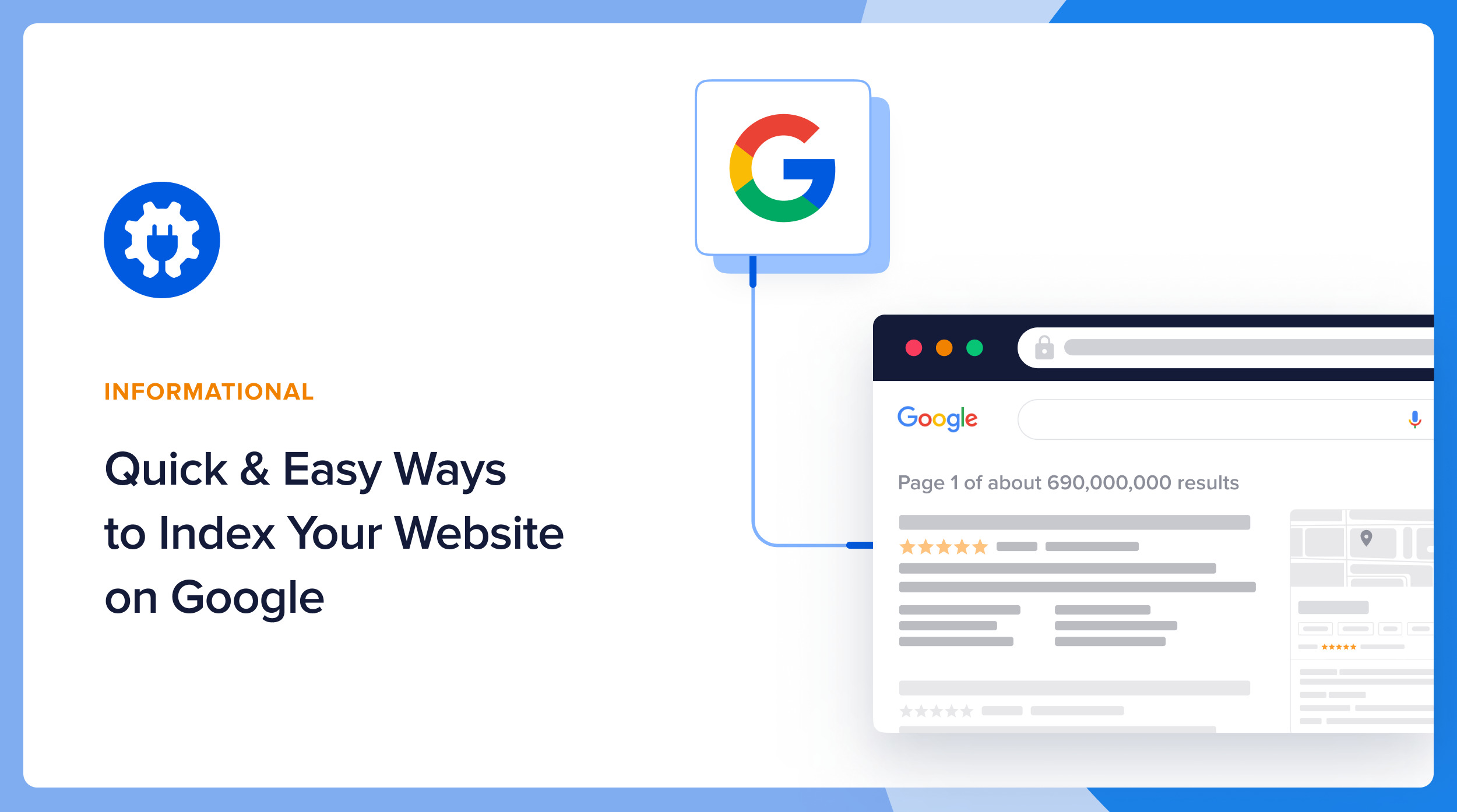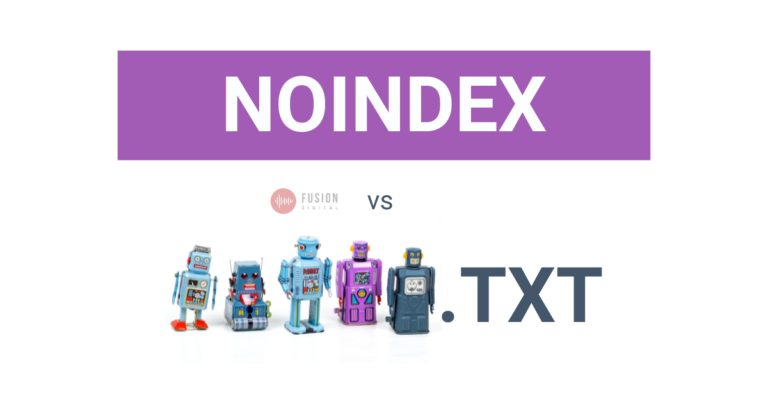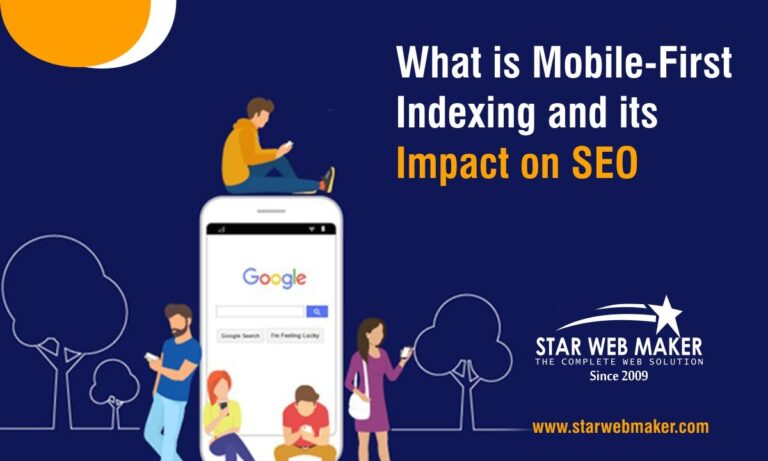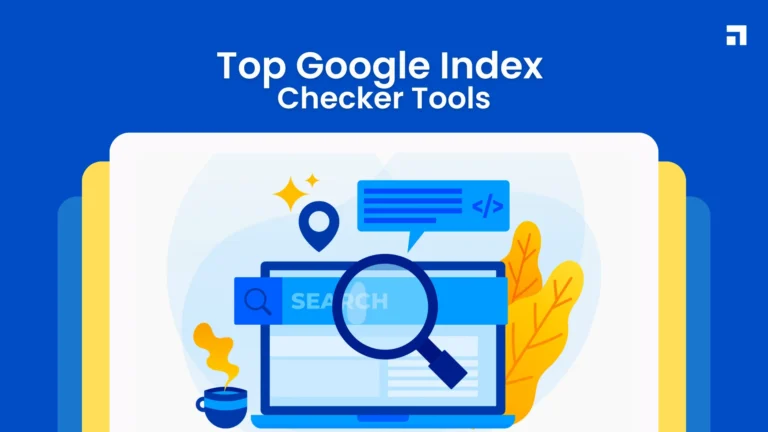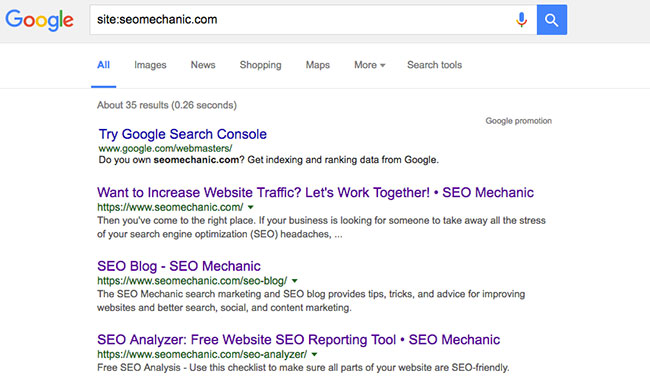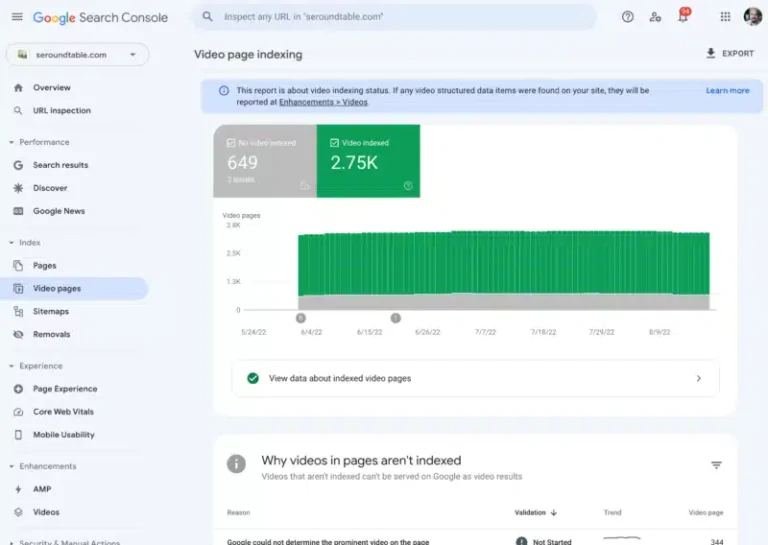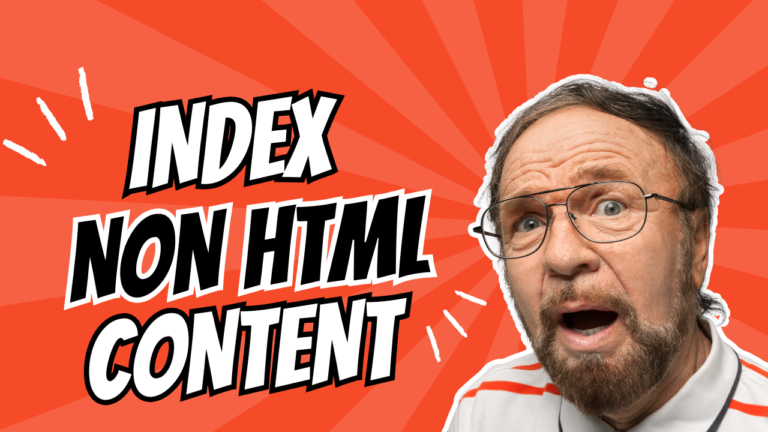To get your Google Website Indexing faster in Google, submit your URL to Google Search Console and create a sitemap. Utilize social media platforms to share your content, enhancing visibility and indexation speed.
In today’s digital landscape, having your website quickly indexed by Google is crucial for visibility and success. As the internet grows more crowded, standing out becomes a challenge. A fast indexing process ensures your content reaches your audience without delay, boosting your site’s SEO performance.
This process begins with the fundamental step of submitting your website to Google Search Console, a tool that communicates directly with Google about your site’s presence. Alongside, generating a sitemap provides a roadmap of your site to search engines, making it easier for them to crawl and index your pages. Leveraging social media not only increases your content’s reach but also signals to search engines the relevance and immediacy of your website. By following these straightforward steps, you position your website for better visibility and quicker indexing, setting the stage for enhanced search engine rankings and audience engagement.
Introduction To Google Website Indexing
Introduction to Website Indexing
Website indexing is a crucial step for online success. Think of it as making your website visible on Google’s map. Without indexing, a site remains invisible to search engines. Quick indexing means people find your content sooner.
The Importance of Quick Indexing
The Importance Of Quick Google Website Indexing
Fast indexing increases visibility. It boosts traffic to your site. Early indexing helps your content rank well. Quick indexing is vital for SEO success.
Basic Concepts of Search Engine Operations
Basic Concepts Of Search Engine Operations
- Search engines use crawlers to discover pages.
- Crawlers follow links to reach different parts of the web.
- A search index stores information about web pages.
- Algorithms determine page relevance and rankings.
Creating Quality Content FOR Google Website Indexing
Creating quality content is essential for getting your website indexed faster by Google. High-quality content attracts both users and search engines. It boosts your site’s visibility and ranking.
Factors That Define Quality Content
Quality content is not just about writing. It includes several factors:
- Relevance to the audience
- Originality of information
- Proper structure and formatting
- Use of keywords in a natural way
- Engaging and easy to understand
The Role Of Originality And Relevance
Originality means your content is unique. Google loves unique content. It helps your site stand out.
Relevance means your content matches what people are searching for. Relevant content meets user needs. It makes them stay longer on your site.
| Feature | Why It’s Important |
|---|---|
| Originality | Makes content unique, improving indexation |
| Relevance | Meets user search intent, boosting engagement |
To create quality content, focus on these points. Make your content stand out with original ideas. Always aim to solve your audience’s problems. This will make your website more attractive to Google, helping it get indexed faster.
Optimizing Your Website Structure
Optimizing Your Website Structure is crucial for faster indexing. A well-structured website helps Google’s bots crawl and index your content efficiently. Let’s dive into how you can enhance your site’s structure for better navigation and URL management.
Improving Site Navigation
Good navigation ensures users and search engines find pages easily. Use clear, logical navigation with a well-defined hierarchy.
- Include a navigation bar with your main pages.
- Use dropdown menus for subcategories if needed.
- Make sure all important content is no more than three clicks away.
Implement breadcrumbs on your pages. They guide users and enhance Google’s understanding of your site structure.
Url Structure Best Practices
Clean URLs not only look better but also help Google index your site. Keep URLs short, relevant, and keyword-rich.
| Do’s | Don’ts |
|---|---|
| Use hyphens to separate words | Avoid long URLs with unnecessary parameters |
| Include primary keywords | Don’t stuff keywords |
| Keep a consistent structure | Skip using random strings or numbers |
Remember to create an XML sitemap. Submit it to Google Search Console for faster indexing.

Credit: aioseo.com
Leveraging Sitemaps F0R Google Website Indexing
Want your website seen by Google faster? Sitemaps are key.
Sitemaps act like a map for Google. They guide search engines through your site, showing new and updated pages. A well-crafted sitemap can be the beacon that swiftly attracts search engines to your content.
Building And Submitting Xml Sitemaps
Create an XML sitemap first. This is a file that lists all important pages of your website. It’s like a directory that tells Google, “Here’s where everything is.”
To build one, use a sitemap generator or a plugin if you’re using WordPress. These tools scan your site and create a sitemap automatically.
Submit your sitemap to Google via Search Console. This tells Google it’s ready for inspection.
Here’s how to submit:
- Sign in to Google Search Console.
- Select ‘Sitemaps’ from the menu.
- Add the sitemap URL.
- Press ‘Submit’.
Sitemap Optimization Tips
Don’t just build a sitemap. Make sure it’s optimized. Here are tips to do that:
- Update frequently to show new content.
- Keep it clean; remove error pages and redirects.
- Include only important URLs. No need for every single page.
- Use
- Split large sitemaps. Each should have less than 50,000 URLs.
Optimized sitemaps help Google prioritize your content. This means faster indexing and more visibility for your site.
Using Google Search Console
Let’s talk about Using Google Search Console to speed up your website’s appearance on Google. This tool is like a magic wand for your site. It tells Google, “Hey, look at me!”
Setting Up Google Search Console
First, you need to set up Google Search Console. Here’s how:
- Go to Google Search Console website.
- Sign in with your Google account.
- Add your website as a ‘property.’
- Verify you own the website. You can do this by uploading a file to your site or using a DNS record.
Once set up, Google starts to understand your site better.
Requesting Indexing Through The Console
Next, ask Google to look at your site. Here’s how to request indexing:
- Go to the Google Search Console dashboard.
- Select your website.
- Click on ‘URL Inspection’ on the left menu.
- Enter the URL of the page you want Google to index.
- Click ‘Request Indexing.’
Tip: Do this for every new or updated page. It helps Google find your content faster.
| Step | Action |
|---|---|
| 1 | Go to URL Inspection |
| 2 | Enter Page URL |
| 3 | Click ‘Request Indexing’ |
Using Google Search Console is a smart move. It makes your site visible to Google faster. Remember, keep your site’s content fresh and interesting. Google loves that!
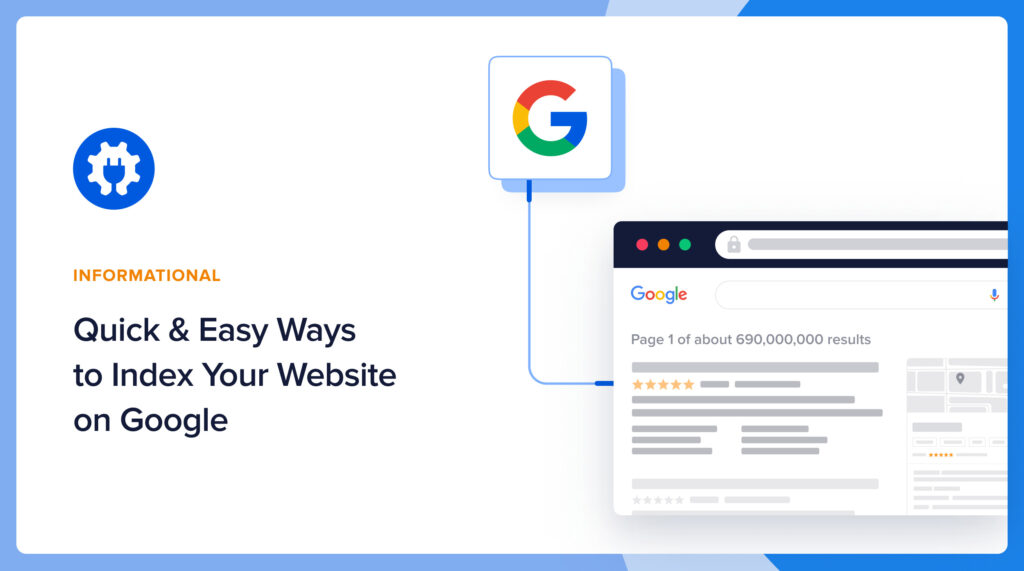
Credit: aioseo.com
Engaging In Social Media Activity
Getting your website indexed by Google can be a waiting game. Social media offers a workaround. An active presence on social media platforms can speed up the process. Here’s how:
Boosting Visibility Through Social Shares
Social shares play a crucial role in digital visibility. Sharing content on platforms like Facebook, Twitter, or LinkedIn introduces your website to a broader audience.
- Create engaging posts that encourage clicks and shares
- Use hashtags to extend reach beyond your immediate followers
- Engage with your audience through comments and messages
Consistent sharing keeps your content circulating, leading to more visits and quicker indexing.
How Social Signals Affect Indexing
Google doesn’t officially count social signals as a ranking factor. However, these signals indirectly influence indexing. Let’s break it down:
| Social Signal | Effect on Indexing |
|---|---|
| Link Shares | More shares mean more exposure, leading to faster crawling by Google bots. |
| User Engagement | Comments and likes indicate content relevance, which can prompt quicker indexing. |
| Brand Mentions | When your brand is mentioned, it increases the likelihood of your content being discovered. |
Integrating social media into your SEO strategy can significantly reduce the time it takes for Google to index your site.
Building Quality Backlinks
Backlinks are vital for SEO success. They act like votes of confidence from other sites. Google notices these votes. It helps your website rank higher. But not all backlinks are good. Quality over quantity matters. Let’s explore how to build backlinks that count.
Strategies For Acquiring Good Backlinks
Guest blogging is a powerful tool. Write valuable content for other blogs. In return, you get a backlink. Use social media to share content. It increases visibility. More visibility can lead to more backlinks.
- Create high-quality content others want to link to.
- Connect with industry influencers.
- Participate in online forums related to your niche.
- Use tools to find backlink opportunities.
Avoiding Harmful Link-building Practices
Not all backlinks benefit your site. Some can harm your ranking. Avoid buying links. Google can penalize this. Do not use automated link-building tools. They can create unnatural links.
| Do | Don’t |
|---|---|
| Build relationships for natural backlinks. | Exchange links with unrelated sites. |
| Check the authority of linking sites. | Use hidden links or cloaking techniques. |
Utilizing Blogging And Guest Posts
Want your website noticed by Google quickly? Blogging and guest posting are key. These strategies enhance your site’s content. They signal search engines to index your pages. Let’s explore how to use them effectively.
Frequency And Consistency In Blogging
Regular blogging boosts your site’s freshness score. Google loves fresh content. A steady stream of blogs keeps your site active. This invites search engine crawlers.
- Set a blogging schedule. Stick to it.
- Post new content weekly or bi-weekly.
- Consistency helps Google index your site faster.
High-quality content matters. It should engage readers. It must provide value. Engaged readers stay longer. This signals quality to Google.
Leveraging Guest Posting For Faster Indexing
Guest posts are a powerful tool. They reach new audiences. They bring traffic back to your site. This creates more indexing signals for Google.
- Find blogs in your niche.
- Contact them for guest posting opportunities.
- Create valuable, unique content for these blogs.
Backlinks from guest posts are vital. They increase your site’s authority. Google notices this. It indexes your site content faster.
Ensure guest posts link back to your website. Use relevant anchor text. This helps Google understand your content. It speeds up indexing.
Monitoring And Maintaining Your Index Status
Monitoring and maintaining your index status is crucial for SEO success. It ensures that Google recognizes and displays your website in search results. Stay ahead by tracking your index status regularly.
Tools For Tracking Indexing
Several tools can help you monitor your site’s indexing. Use these to ensure Google has indexed your pages:
- Google Search Console: Offers comprehensive insights into your site’s status.
- Bing Webmaster Tools: Useful for checking index status on Bing.
- Ahrefs: Tracks what parts of your site are indexed.
- Screaming Frog: A desktop program to check SEO elements, including indexation.
Routine Checks And Balancing
Perform regular checks to maintain your site’s health. Here’s a checklist for routine maintenance:
| Task | Frequency |
|---|---|
| Check index status in Google Search Console | Weekly |
| Review crawl errors | Bi-Weekly |
| Update XML Sitemaps | Monthly |
| Remove outdated content | As needed |
Use reminders to stay on track with these tasks. Consistent checks help catch issues early, keeping your site visible in Google.
Common Pitfalls To Avoid
Want your website to show up on Google quickly? Avoid these common pitfalls.
Technical Issues That Impede Indexing
Search engines love clean, error-free code. Technical glitches can block Google’s path. Here’s what to check:
- Robots.txt file: Ensure it’s not blocking important pages.
- Site structure: Use a clear, logical layout.
- Server errors: Fix them to keep your site accessible.
- Sitemap: Submit an up-to-date XML sitemap in Google Search Console.
- Redirects: Too many can confuse search engines.
- Load time: Fast pages encourage indexing.
Content Mistakes That Can Delay Indexing
Quality content matters. Dodge these content blunders:
- Duplicate content: Always offer unique, fresh information.
- Thin content: Each page should provide value.
- Keyword stuffing: Write naturally, for humans first.
- Missing alt tags: Describe images for better understanding.
- Meta tags: Use descriptive titles and descriptions.
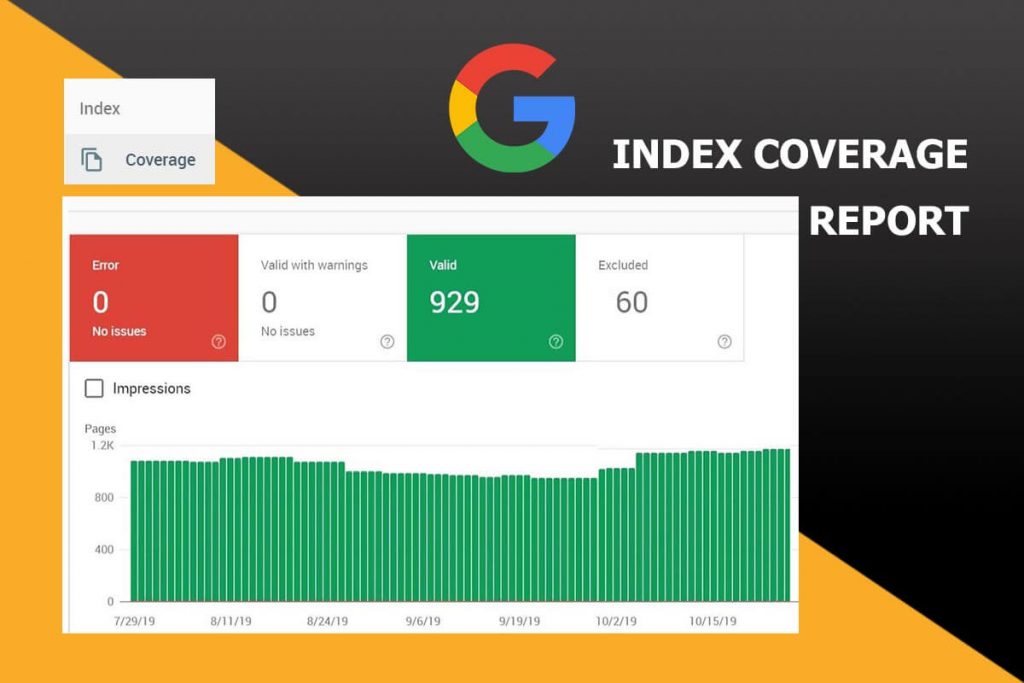
Credit: www.hillwebcreations.com
Frequently Asked Questions
Can Social Media Influence Google Indexing?
Social media can indirectly influence indexing by promoting content visibility. Shares and traffic from social platforms may lead to more backlinks and quicker discovery by Google crawlers, potentially speeding up the indexing process.
What Is Google Search Console’s Role In Indexing?
Google Search Console is a key tool for indexing. It allows you to submit sitemaps, monitor indexing status, and request re-indexing of new or updated content directly, which can expedite the indexing process.
How Does Website Structure Affect Indexing Speed?
A clear, logical website structure with a well-organized sitemap enables Googlebots to crawl and index your site more efficiently. Proper use of header tags and internal linking also facilitates faster indexing.
Does Updating Content Help With Faster Indexing?
Regularly updating content can signal to Google that your website is active, encouraging more frequent crawling and potentially faster indexing of new content.
Conclusion
Mastering the art of swift website indexing by Google sets the stage for digital success. Embrace these tips to enhance your site’s discoverability. Stay proactive with updates, leverage sitemaps, and never underestimate the power of quality content. Begin now, and watch your site climb the search engine ranks.

